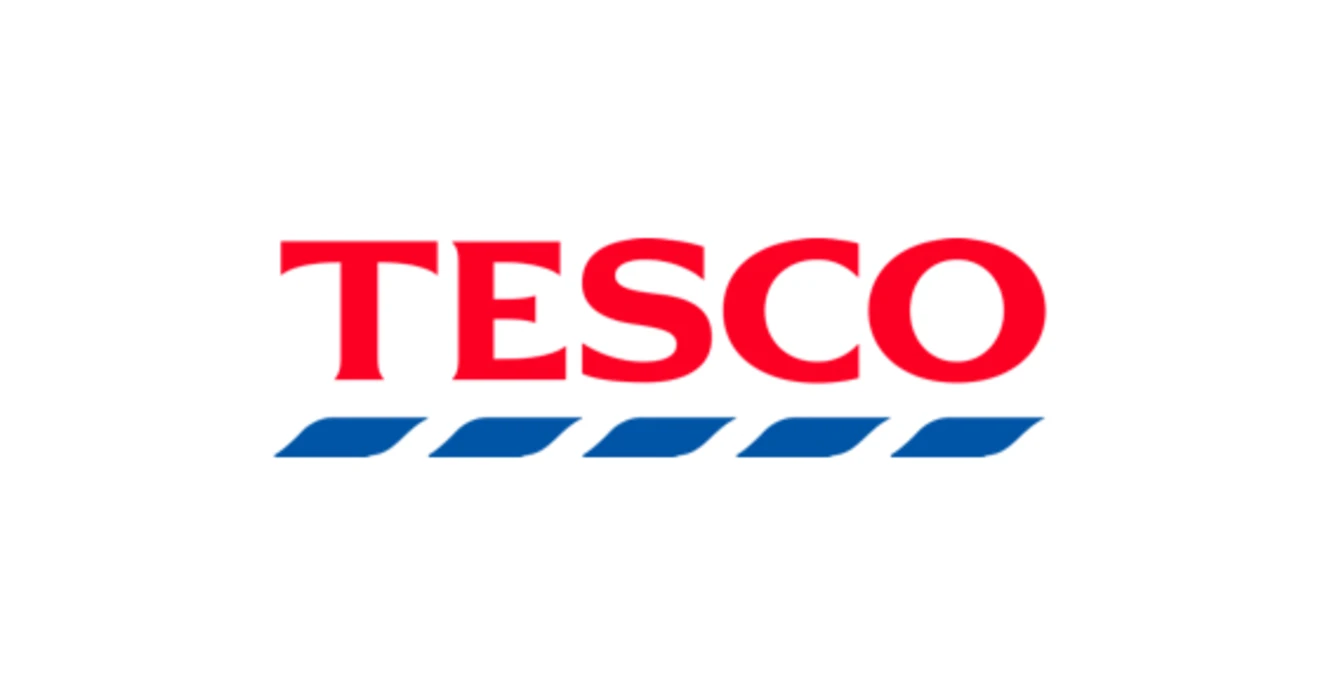Tesco
Key Information
HQ:
United Kingdom
Market Cap:
$38.17bn
Primary Market:
Europe
Business Type:
Retailer
Company Information
Company Summary
Tesco is a multinational food retailer operating in the UK, the Republic of Ireland and Central Europe both online and in supermarket stores. The Company also offers financial services and petrol filling stations.
Revenue
Total revenue:
$93.7bn
Revenue by Geography
Revenue by Segment
Previous Projects

Sustainable Proteins Engagement
Alternative Proteins

